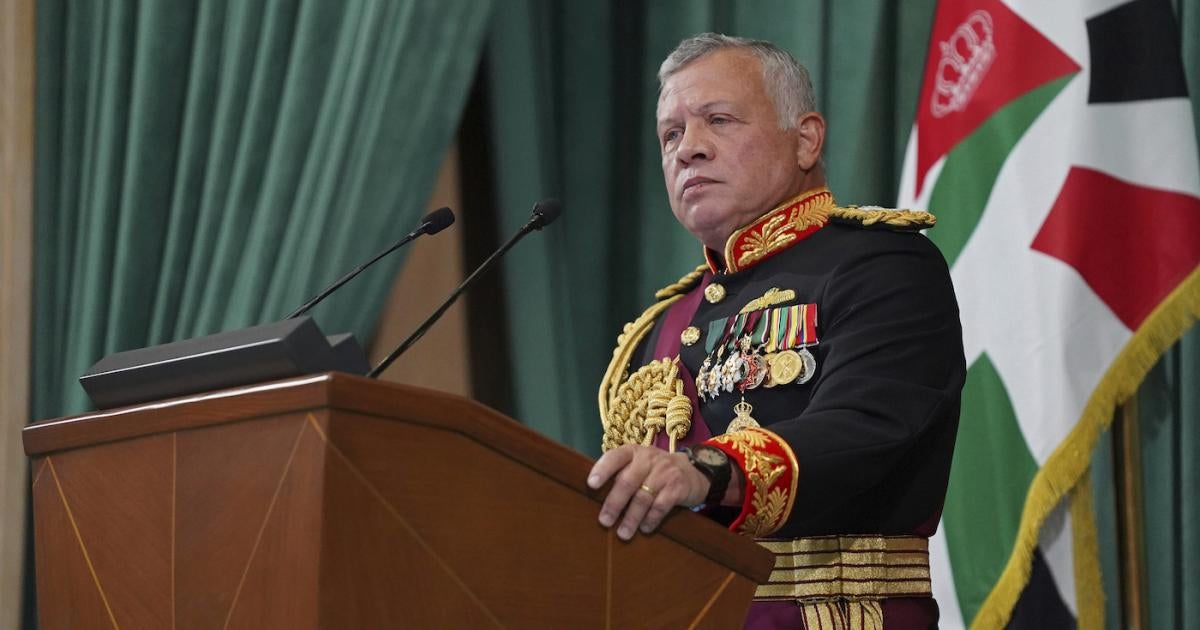“Jordan was never an oppressive country and will never be one”, said King Abdullah II of Jordan on August 15, just days after he signed into law a draconian cybercrimes bill that will greatly restrict the space for local online debate and public criticism.
In response to widespread criticism of the law, the king publicly stressed that the fight against cybercrime should not be at the expense of Jordanians’ right to express their opinions or criticize public policies.
But these words ring hollow against the backdrop of Jordan’s authoritarian slide over the past few years. Yes, the government has projected a narrative of political reform and modernization, passing new laws on elections and political parties to encourage political participation. But at the same time, Jordanian authorities have been ramping up the harassment and persecution of citizens peacefully organizing and engaging in political dissent, using vague laws to criminalize peaceful speech, assembly, and association, including the previous version of the cybercrime law.
In addition to the laws, authorities are increasingly relying on harassment and arbitrary detention to shut off civic space, targeting journalists, political activists, and members of political parties and independent trade unions – and in some cases their family members – with restrictions on work and travel. The authorities have also dissolved political parties and independently elected trade unions, and placed increased restrictions on media freedoms, including through sweeping gag orders.
As the king gave his remarks, I was wrapping up a two-day visit to Amman, my first as executive director of Human Rights Watch, where I had hoped to share our serious concerns about the cybercrimes law and make recommendations to senior policymakers. But most of our requests for meetings were disregarded or turned down, and one meeting was canceled less than an hour before it was set to start.
I can only conclude that Jordan’s leadership is not interested in hearing criticism, either from Jordanians or anyone else.
It is difficult to square Jordan’s reform narrative with the government’s ongoing repression. Unfortunately, the new cybercrimes law is just the latest in a slew of actions that are fuelling an environment in which many people feel political participation is just not worth the risk.



